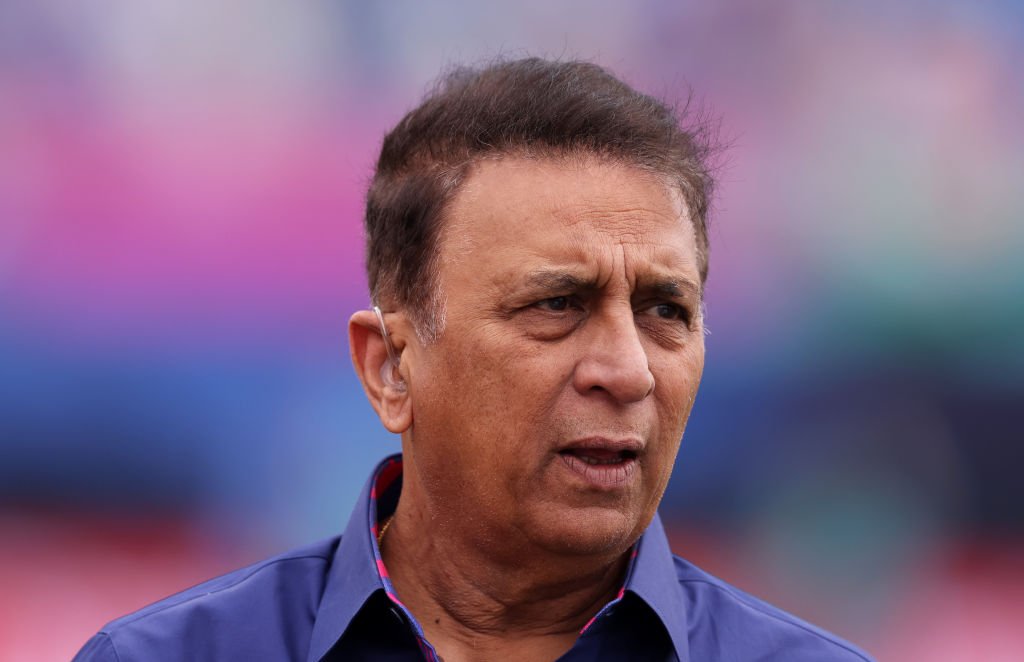
As India prepares for the high-stakes 2024-25 Border-Gavaskar Trophy series in Australia, the team’s performance under coach Gautam Gambhir is under increasing scrutiny. Legendary former cricketer Sunil Gavaskar has voiced his concerns regarding India’s struggles in recent series, such as the disappointing losses to New Zealand and Sri Lanka. He has emphasized that these results have raised critical questions about the team’s preparation and its leadership, particularly with regards to Gambhir’s coaching methods. With the pressure mounting ahead of the tour to Australia, Gavaskar believes that the series could serve as a make-or-break moment for several senior players, including Virat Kohli and Rohit Sharma.
Rising Pressure on Senior Players
Gavaskar’s remarks come at a time when the Indian team is grappling with inconsistent performances, particularly in overseas conditions. Players like Virat Kohli and Rohit Sharma, who have long been pillars of the Indian batting lineup, are under increasing pressure to deliver, especially in challenging foreign conditions. Kohli and Rohit have both struggled in their recent tours, and this has raised questions about their ability to succeed in tough conditions, particularly against Australia’s world-class pace attack.
Gavaskar pointed out that the 2024-25 series against Australia could prove to be a decisive phase for these senior players. At this stage in their careers, with the team relying on their experience and leadership, a lack of consistent form could prompt tough decisions regarding their future in the team. However, Gavaskar also defended their technical prowess, arguing that while they have faced some difficult deliveries, their struggles are more about mental adjustments than technical shortcomings.
The Impact of White-Ball Cricket on Test Batting
One of the key issues that Gavaskar highlighted is the growing influence of white-ball cricket on Test batting. With India’s increased focus on white-ball formats, the batting approach has shifted toward a more aggressive style, which has not always translated well into the longer formats of the game. Gavaskar believes that the aggressive mindset encouraged by white-ball cricket, where players are often encouraged to play with hard hands and go for big shots, is proving detrimental when it comes to playing Test cricket.
On pitches that offer movement and bounce, such as those found in Australia, playing with soft hands is essential. Gavaskar has argued that Indian batsmen need to adopt a more disciplined approach, playing with better bat control to avoid unnecessary edges and giving the slip fielders opportunities. This shift in batting mentality has contributed to the team’s recent struggles, particularly when facing fast bowlers on challenging pitches.
The Need for Patience and Mental Resilience
Patience and mental resilience are qualities that Gavaskar believes the Indian team must improve upon in their upcoming series against Australia. The key to success on Australian pitches is not just about technical proficiency but also about how well players can manage pressure and adapt to difficult situations. With the Australian crowds and media often intensifying pressure, maintaining focus will be critical for India’s success.
Gavaskar emphasized that for players like Kohli and Rohit, patience and careful shot selection will be paramount. In Australia, where pitches typically offer assistance to bowlers early on, the Indian batters will need to weather the initial storm and then capitalize on the conditions once the ball loses its shine. This requires a mental approach that combines aggression with patience, ensuring that players do not throw away their wickets at crucial moments.
The Role of Leadership
The leadership of Gautam Gambhir has also come under scrutiny following India’s recent losses. Gavaskar has pointed out that while it’s still early to pass judgment on Gambhir’s tenure as head coach, the upcoming series against Australia will play a pivotal role in shaping the future of his coaching career. He noted that the performance of India’s senior players, along with the tactical decisions made by the coaching staff, will be closely monitored during this critical phase.
In this context, Gambhir’s role in preparing the team for the challenges of Australian conditions will be crucial. The coach’s ability to instill confidence, adjust strategies based on pitch conditions, and guide senior players like Kohli and Rohit will play a key role in determining India’s success or failure in the series.
Adjusting to Australian Conditions
Australia’s pitches are known for their bounce and pace, making it vital for India’s bowlers to adapt quickly and capitalize on the conditions. While India’s pace attack, led by Jasprit Bumrah and Mohammed Shami, has shown promise, their ability to extract movement and manage the challenges of Australian wickets will be put to the test.
The choice of bowlers for each Test will be important. India will need to strike the right balance between pace and spin, adjusting their strategies depending on pitch conditions. While Ravichandran Ashwin and Ravindra Jadeja bring expertise in spin, Australia’s conditions tend to favor fast bowling, especially in the early days of a Test match. India’s bowlers will need to maintain discipline and focus, ensuring they don’t allow the Australian batsmen to get away easily.

